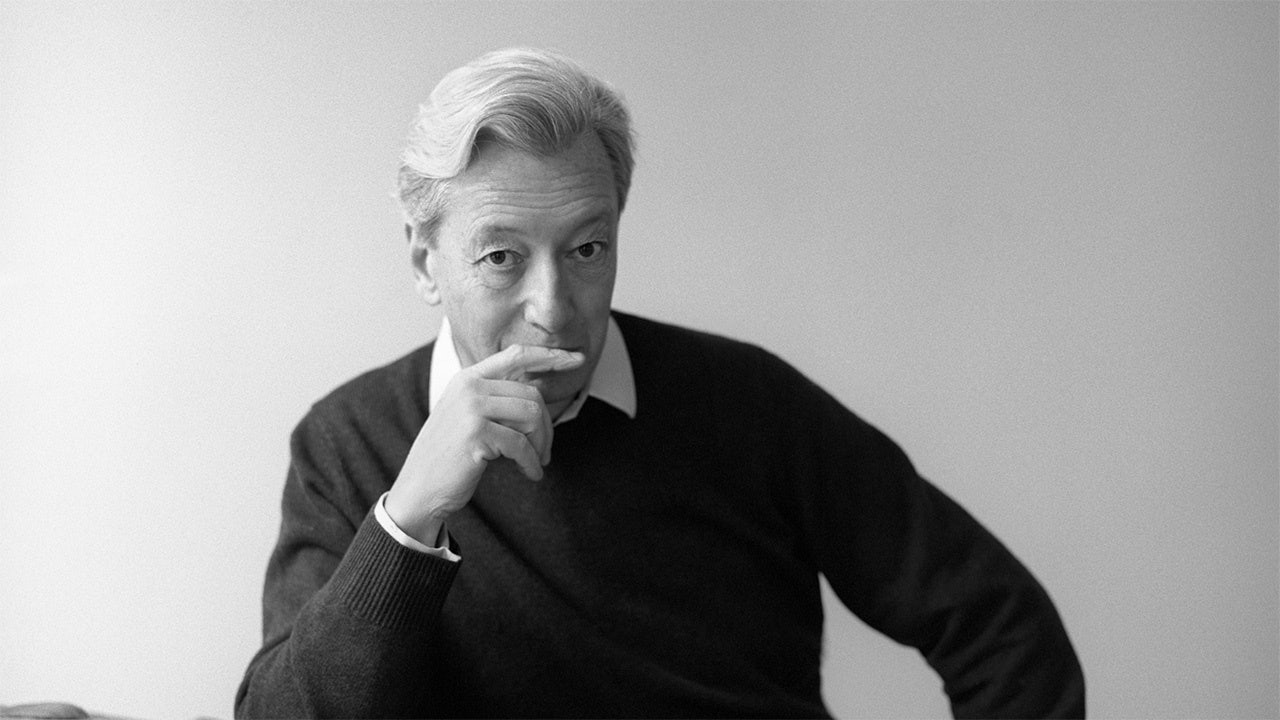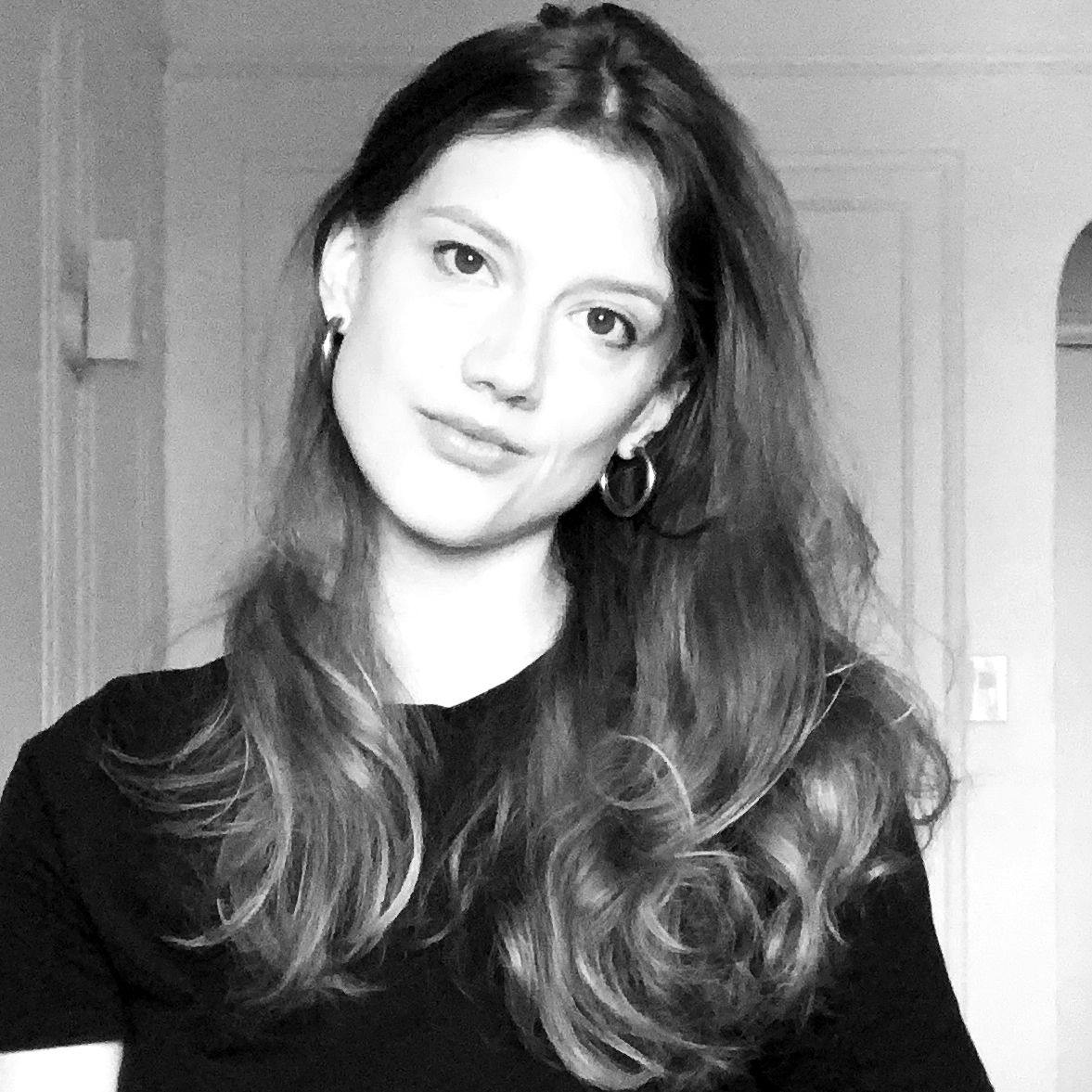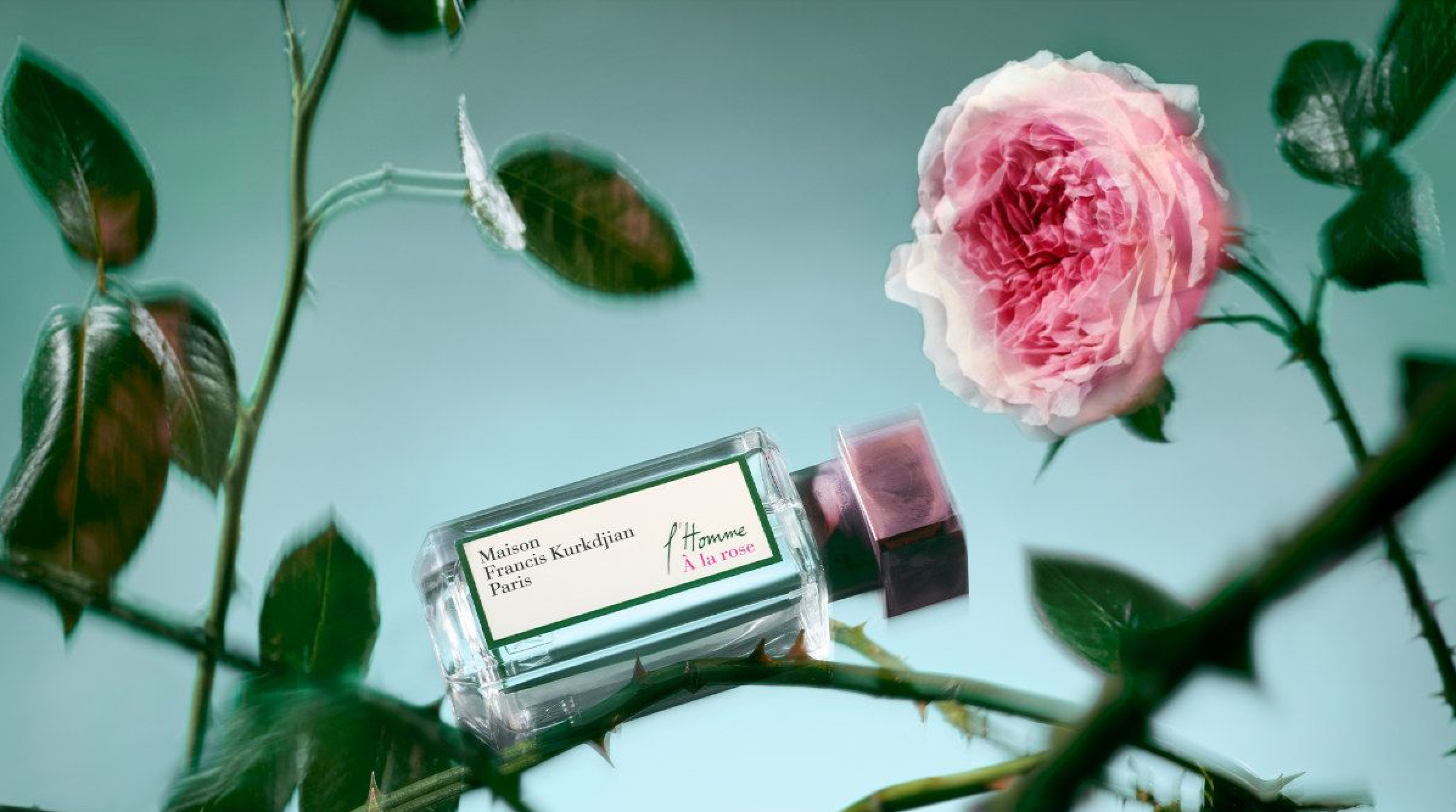“Perfumery has always been very much the echo of the world,” says Frédéric Malle, founder of the fine fragrance label Editions de Parfums Frédéric Malle.
A glance through the decades reveals how perfume has reflected evolving cultural norms. Revlon’s Charlie perfume, launched in 1973, spoke to the rise of the liberated working woman, while Calvin Klein’s soapy clean unisex fragrance CK One bottled 1990s minimalism.
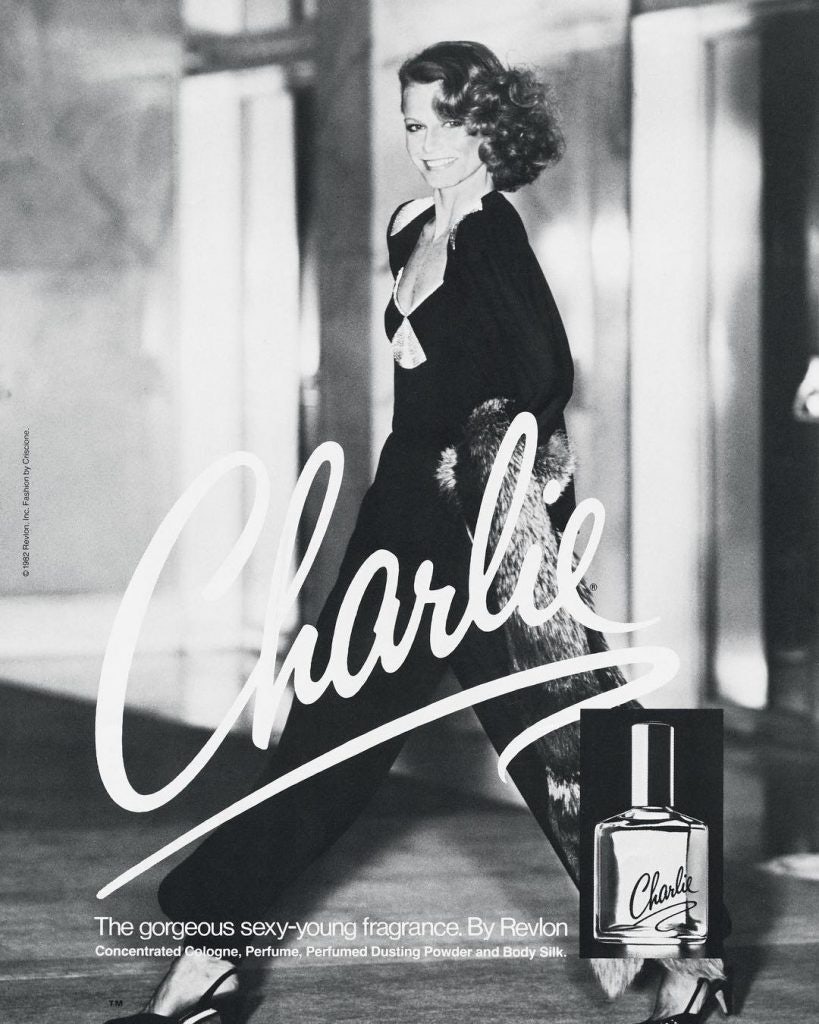
And what does today’s perfume say about the state of the world?
“Today we have in the world a problem with knowledge, a problem with education, problems with false information,” says Malle. “I think that our business is reproducing this mess.”
When Malle launched his namesake brand in 2000, there was no YouTube, no fragrance subreddits or Fragrantica forums, and certainly no PerfumeTok, as many call the growing fragrance category on TikTok.
Upon creating his brand, Malle made the radical choice to print the name of the perfumers behind his scents on each bottle, shining a light on historically invisible and uncredited creators in an industry that prioritizes brand names.
Information overload#
Today’s consumers have access to not only databases of the perfumers behind their favorite scents, but also countless perfume reviews and recommendations like never before — and that also makes sifting through the reputable and not so reputable sources in the rather opaque world of perfumery all the more difficult.
“It's very confusing,” says Malle of the online sphere where anyone can position themselves as a perfume expert. “There is value, but then also you have a guy in his bathroom explaining to you perfumery.”
The explosion of online information has also led to new widespread demand for niche fragrances. Favorites like Le Labo Santal 33 or Maison Francis Kurkdjian Baccarat Rouge 540 now have name recognition almost on par with designer or celebrity scents — to the point that Malle feels the term “niche” has almost lost all meaning, as companies look to the sector for profit rather than artistry.
“It's an overcrowded market with too many players, too many people. It's like a gold rush,” he says. “All these people, even before launching those companies, think of selling them because they saw that we sold our companies to large groups for big numbers, and it's all they’re interested in.”
Certainly, it’s hard not to see the mainstream dollars being made in so-called niche fragrances. Beauty giant Estée Lauder acquired both the Frédéric Malle brand and Le Labo for undisclosed amounts in 2014. LVMH acquired Maison Francis Kurkdjian in 2017, while Puig took a majority stake in Byredo in 2022 after rumors swirled that the Swedish brand would be scooped up by L’Oréal for as much as 1 billion. (L’Oréal was perhaps busy elsewhere, as the French conglomerate acquired Australian skincare and fragrance brand Aesop for 2.5 billion in 2023).
Malle is not a perfumer — he calls himself a publisher of perfume and comes from a family immersed in fragrance (his mother was the former art director at Parfums Christian Dior). And he certainly has a nose for what sells; his creations like 2010’s Portrait of a Lady by Dominique Ropion and 2000’s Musc Ravageur by Maurice Roucel have been copied many times over.
His latest perfume, Heaven Can Wait, was made by Jean-Claude Ellena, the legendary perfumer behind classics like Bulgari’s Eau Parfumée au Thé Vert and Hermès’ Un Jardin Sur Le Nil. Launched in August, the perfume has been in creation since the early days of Covid-19.
“Usually, when I find the name, it means that it becomes a tangible thing,” Malle says of his process.
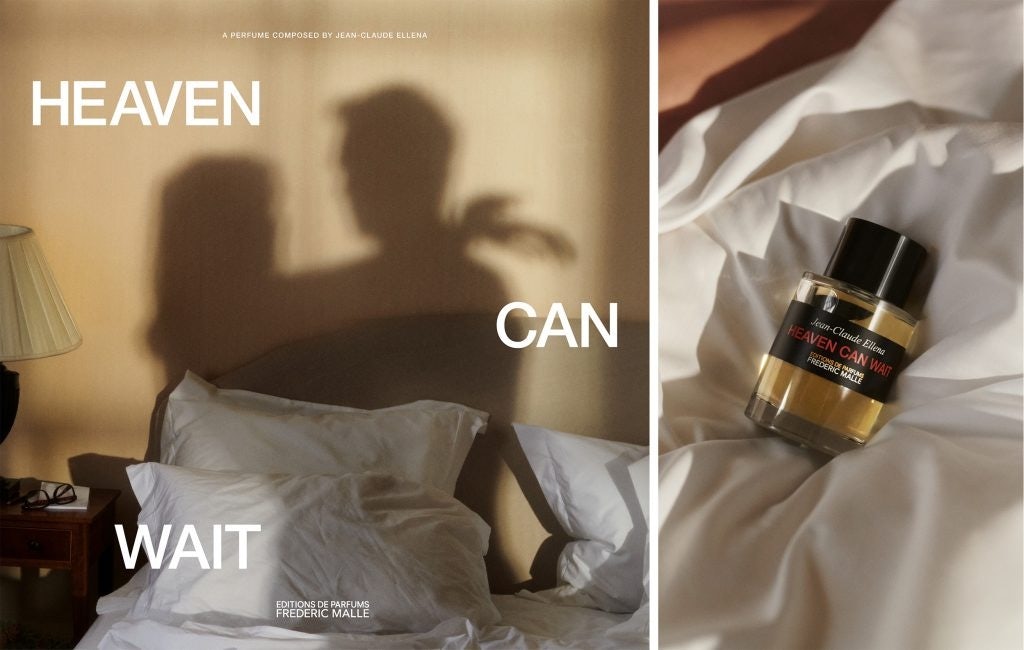
Making sense in China#
With a dedicated consumer base, Malle has the luxury of releasing fragrances at his own pace rather than trying to keep up with the demand for frequent new launches. And there is one market in particular that Malle is optimistic about because of its growing base of perfume consumers hungry not just for new products but also knowledge: China.
“It's a wonderful market because people do their homework,” he says of China’s growing taste for niche fragrance. “When you do public appearances in China, you find people who have this very deep knowledge that they have learned recently.”
Editions de Parfums Frédéric Malle opened its first mainland China outpost in Shanghai in 2020, followed by a boutique in Beijing. Malle notes that Western brands have erroneously lumped Chinese preferences with those of Japan, where consumers prefer more minimal, clean scents.
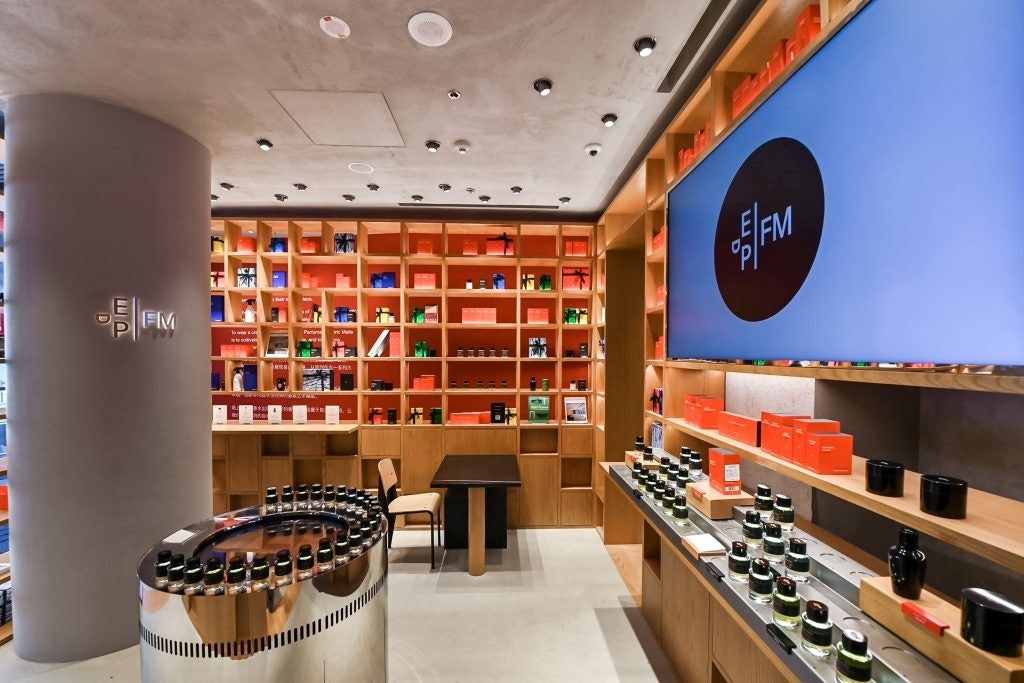
“Because we're not curious enough, people kept on saying, ‘Oh, I heard Asians like light fragrances.’ China is not Japan. It’s a gross generalization,” he says.
Chinese fragrance consumers have instead shown a preference for stronger scents. Prior to the Cultural Revolution, Malle notes that China was one of the biggest markets for oud perfumes, a style now more associated with the Middle East. Today, one of his bestsellers in China is the earthy, animalic Rose Tonnerre.
Staying power#
On a global level, Malle is troubled by the rush to launch new brands without educating consumers. Many newer Western brands have attempted to set themselves apart by promoting “clean” or “natural” fragrance formulas even while those terms have sowed confusion among consumers; last year Sephora faced a lawsuit over “misleading” labeling in its Clean at Sephora program.
“I think it's a bit troubling for the public,” he says. “I'm an optimist, so I know that in the long run, the good ones will stay and the bad ones will perish, and so many have perished.”
With demand for luxury, niche scents only expanding, the Frédéric Malle brand is likely not perishing anytime soon — but Malle would actually like a bit of a challenge in that regard.
“I would love to be out of fashion,” he says. “That means that someone is way more clever than us and is creating something really new.”
